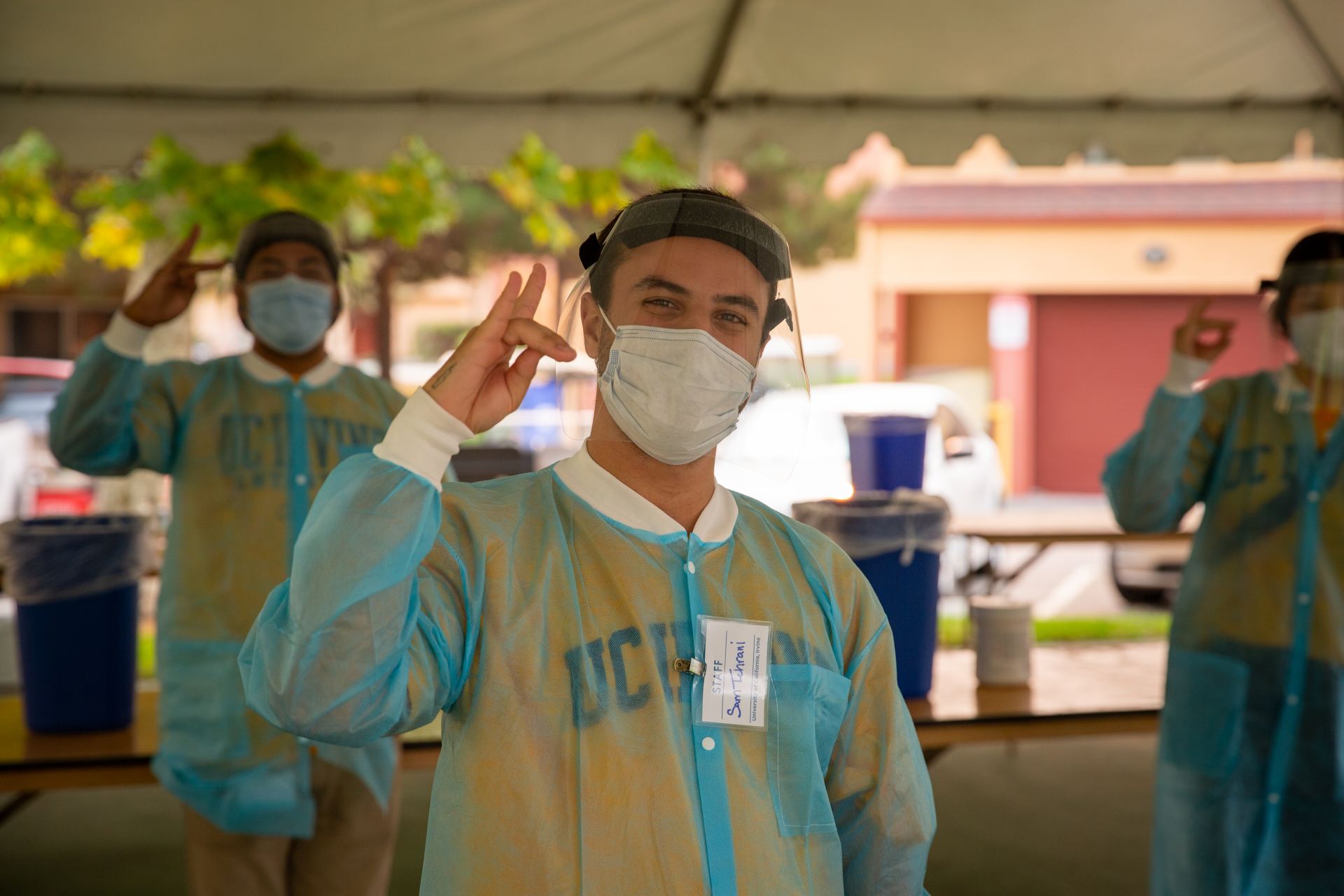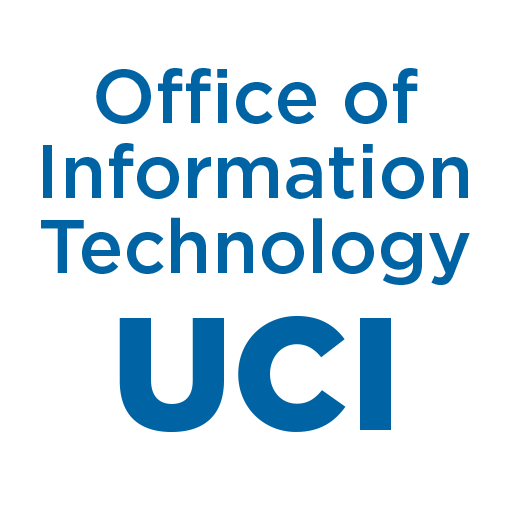Contact Tracing
Responding to COVID-19
From early in the pandemic, a top priority for UCI was supporting the community’s public health by setting up contact tracing services. Contact tracing is an essential part of the fight against any infectious disease, as it helps break the chain of transmission by identifying those who may have come in contact with an infected person and notifying them of their potential exposure.

David Souleles, director of the COVID-19 response team, worked closely with both OIT and the UCI Health team to quickly create a nimble tracing system that could be honed and improved as they were simultaneously building and using it. Since the module, built in the enterprise application ServiceNow was launched, the technology teams involved have worked tirelessly to update and upgrade, including overhauling case investigation and contact tracing scripts – making changes in real time, as new information was uncovered.
When we began, the goal was to get a minimally viable product working and to do our testing in real time as we went live. There were dozens of changes that needed to happen in the first week, and we wouldn’t have been able to accomplish it if we didn’t have dedicated resources from OIT, and a real-time ServiceNow developer.
Already in use as a robust, adaptable and agile tool for OIT service tickets, ServiceNow was an obvious choice for use as the dedicated system on this project. The automation process within ServiceNow allowed the contact tracing team to work through detailed scripts, collecting essential information from individuals who tested positive for COVID-19, including when the infectious period was, who they’d been in close contact with, and if they had the capability to isolate safely and effectively.
All of the data collected using this process was then shared with the OC Healthcare Agency, using a communication bridge built by OIT, enabling swift transmission of important information needed to help fight the pandemic. Data marts, or single-function databases, were also created and integrated with UCPath and Student Data Warehouse data to enable robust internal and external dashboards.
Souleles expressed his gratitude for the tremendous work done by everyone involved and underscored the key difference that made UCI’s program so successful, saying, “We aren’t just calling people [who’ve tested positive or been exposed] and telling them what to do, we also have extensive case management wrap-around services to offer our students, staff and faculty. If they need food, isolation space, thermometers, or letters for academic or work excuses, the team is able to provide those things.”
As the need for contact tracing diminishes, the team and the system are pivoting in purpose to form a robust outreach for vaccine awareness and availability for students. The infrastructure and technology that was stood up to support the campus’ COVID-19 response will continue to be improved upon by OIT and leveraged by campus, with hopes that our successes can be shared broadly on the county and state level for future uses that may arise.
